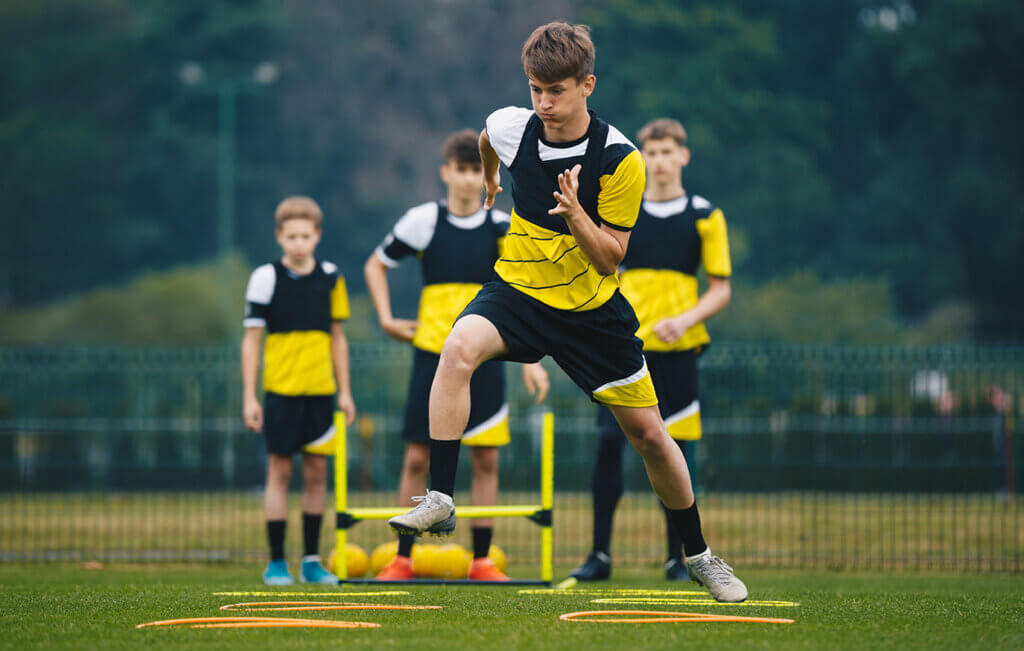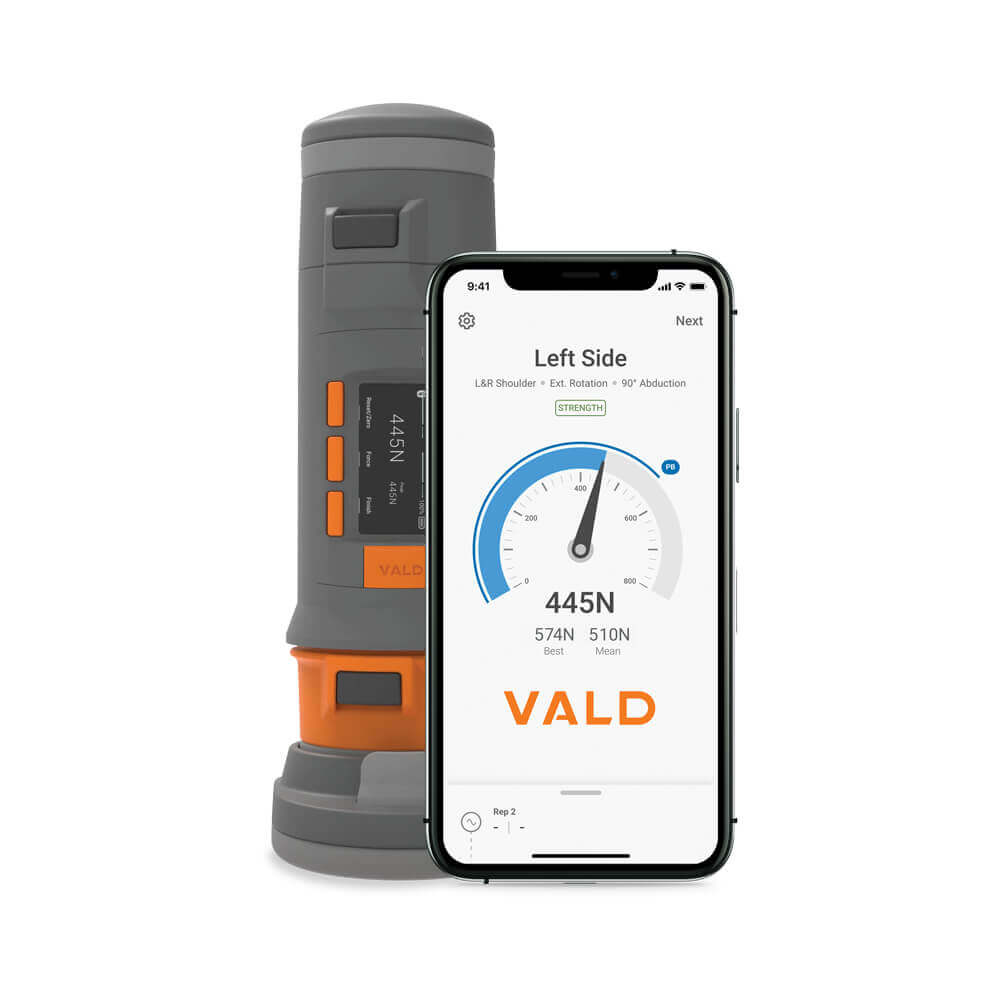Assessing the Frequency, Volume, and Intensity Demands of Resistance Exercise on Men Over 50 Years of Age to Increase Skeletal Muscle Mass: Is There an Ideal Resistance Training Frequency, Volume, and Intensity?
Evidence from Studies A meta-analysis by Schoenfeld et al. (2016) examined the effects of RT frequency on muscle hypertrophy and found that frequencies of training muscles twice a week were more effective in promoting muscle growth compared to once a week. This finding aligns with the concept that increased training frequency allows for more frequent […]












